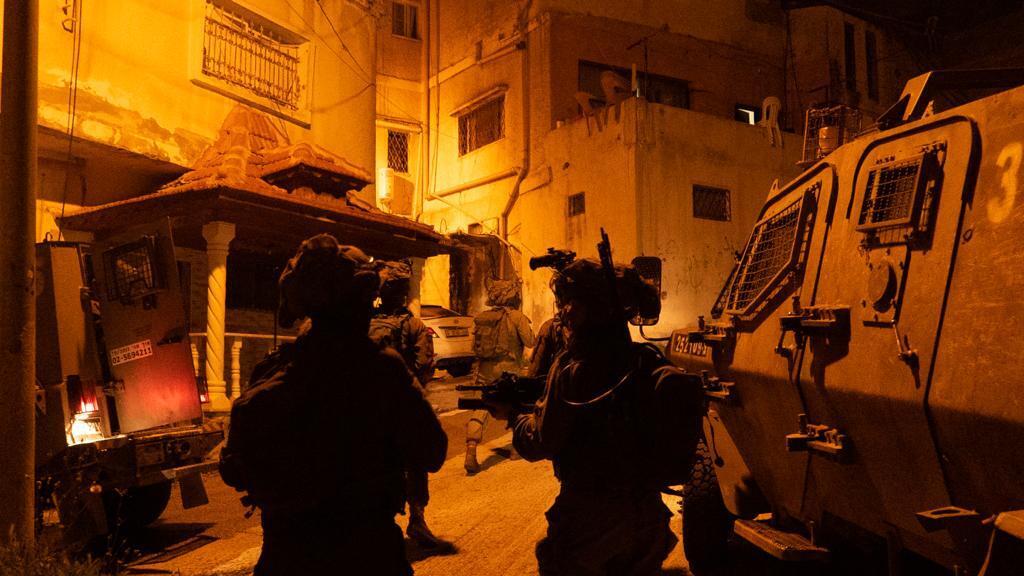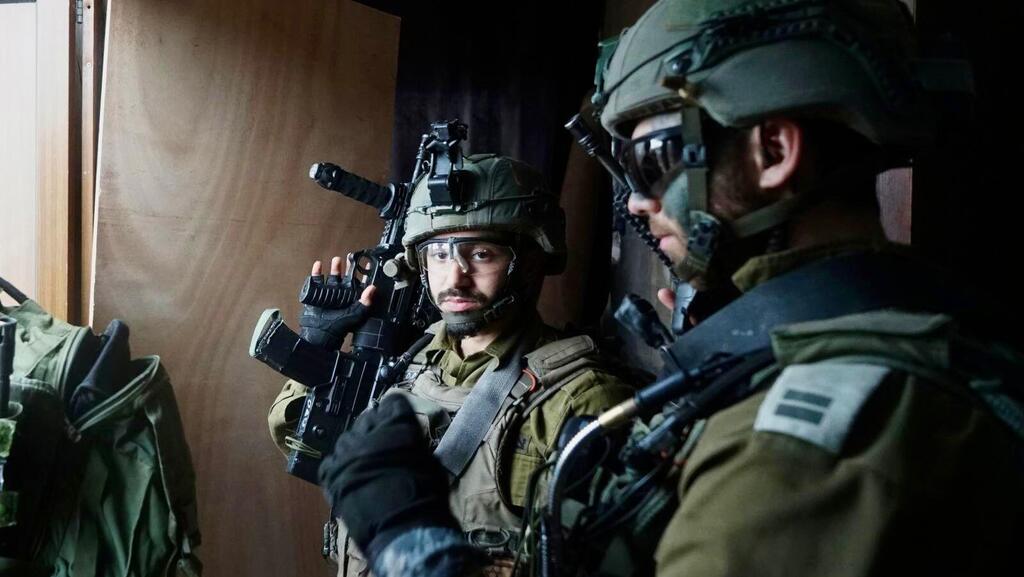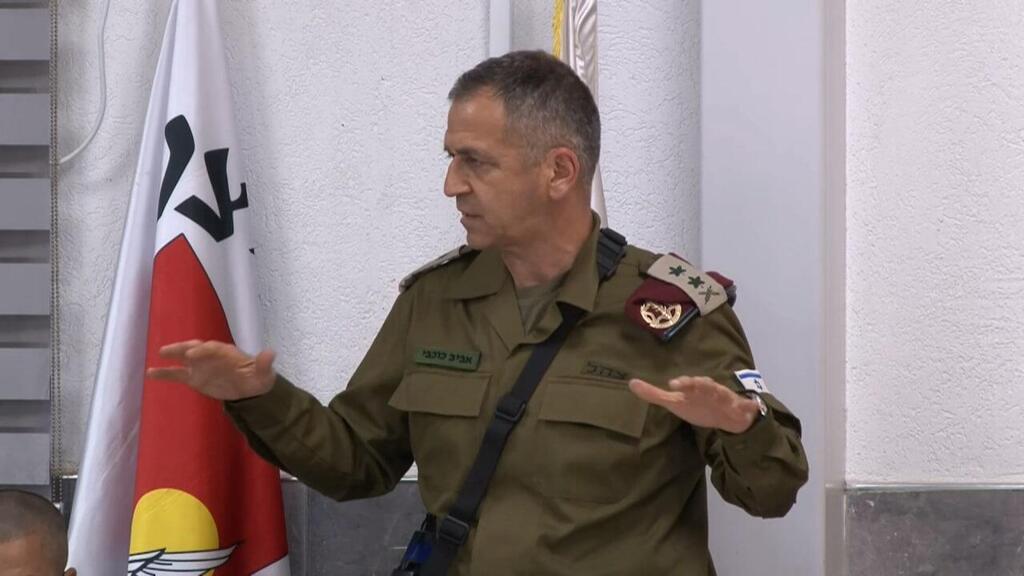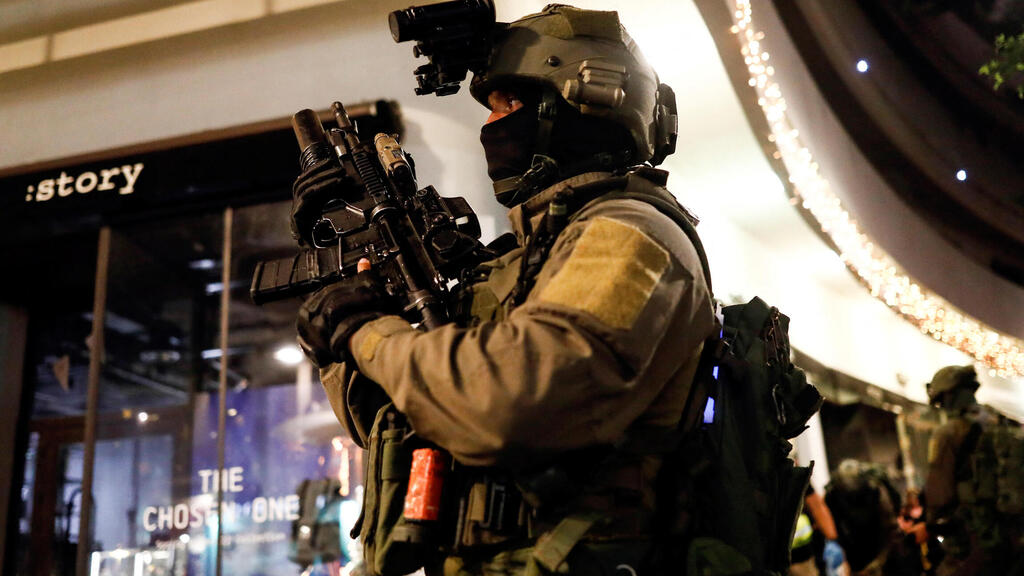Israel's security agencies are reviewing their operational processes and methods, which have come under fire following the deadly terror attack in Tel Aviv on Thursday.
The forces exhibited inadequacy in their command of the area in the hours following the attack. They had problems in coordinating between the Israel Police and the Shin Bet, and misused and exposed their special units to the world through the media, which was not cleared from the scene.
The task of coordination between the forces on the ground fell under the responsibility of the police, while the military deployed troops stationed all across the Tel Aviv metropolitan area and special units on call.
The troops were also bolstered by individual military personnel who rushed to the scene on their own accord, along with armed civilians who were near the site of the attack.
In the wake of these events, IDF Chief of Staff Aviv Kochavi said an investigation has been launched into his forces' conduct during the manhunt for the terrorist because the presence of armed civilians among the troops w unacceptable. People grabbing their weapons and running into the streets to chase terrorists could end with casualties from friendly fire.
When troops are on a military mission, civilians must be kept away. The same goes for the press. Military commanders should have remembered on Thursday, that they were operating in the center of Tel Aviv and not behind enemy lines and must be cognizant of the security protocols within which they work.
Police must also come up with their own new protocols for handling a terror event inside a civilian center that includes participation of special military forces. Other than their special anti-terror unit, all other police forces that were at the scene on Thursday seemed out of sorts.
All this leads to the conclusion that a national guard force is needed, one with special tools to carry out military operations in civilian areas, with cooperation from emergency medical teams.
With the current wave of terror and the increased level of alert, the police force finds itself stretched beyond its capacity. What will the police do if riots in mixed Israeli Arab cities break out again, like they did during the month of Ramadan last year?
With the approval of the government, security forces opted to differentiate between West Bank communities seen as terror hubs, such as Jenin, and other areas that seemed to be uninvolved in terror activity.
The forces understand that there is a need to maintain calm in Jerusalem and in the Israeli Arab sector, and minimize the possibility of clashes in the West Bank, while still investing the needed resources to prevent further attacks.
Those recourses will be invested in the Jenin area, where both - the attackers in Bnei Brak and Tel Aviv - had lived.
Special units operated in the Jenin refugee camp overnight Friday and Saturday during arrest raids of local militants. They arrested Palestinians suspected of planning further attacks and succeeded in impressing upon the local terror groups the sense that they were being hunted.
5 View gallery


IDF troops in the West Bank village of Ya'bed near Jenin on Sunday
(Photo: IDF Spokesperson's Unit)
But the military review has not yet been completed. Early findings indicate that there was insufficient IDF deployment along the partition fence and more forces were needed to secure the border between the West Bank and Israel.
Thursday's assailant crossed the fence near the Israeli Arab city of Umm al Fahm, where he boarded a bus to Tel Aviv. After his attack, he fled to Tel Aviv's quarter of Jaffa, where he hid in a mosque, planning to launch further attacks later.
A mistake he made, one which we are not at liberty to divulge, led the Shin Bet forces to locate him. When he pulled out his gun – he was shot and killed. Security forces were also apparently in pursuit of an accomplice, whose identity is known to them.
The Islamic Jihad and Hamas praised the attack, but their statement should not be taken as proof that they were behind its planning or execution.
In this recent wave, terrorists were not given specific instructions from any existing organization, nor was any terror infrastructure used. The assailants were merely motivated by social media posts calling for Palestinians to launch attacks.
5 View gallery


Israeli security forces in the Jenin refugee camp late last week
(Photo: IDF Spokesperson's Unit)
Defense Minister Benny Gantz will present the government with a request to allocate NIS 360 million for upgrading the partition fence and the border crossings. This is double the original amount requested for the purpose - originally budgeted at NIS 10 million for every 100 kilometers of fencing.
On Friday, Kochavi said the IDF failed in its mission to thwart the attack after the terrorist in the Bnei Brak shooting spree was also confirmed to have crossed into Israel undetected and illegally.
The IDF has increased its operations in the area and has restricted the movement of civilians. Still, the military understands, as do the other security agencies, that people will make use of vulnerable areas along the fence to enter Israel for work... or any other purposes.




